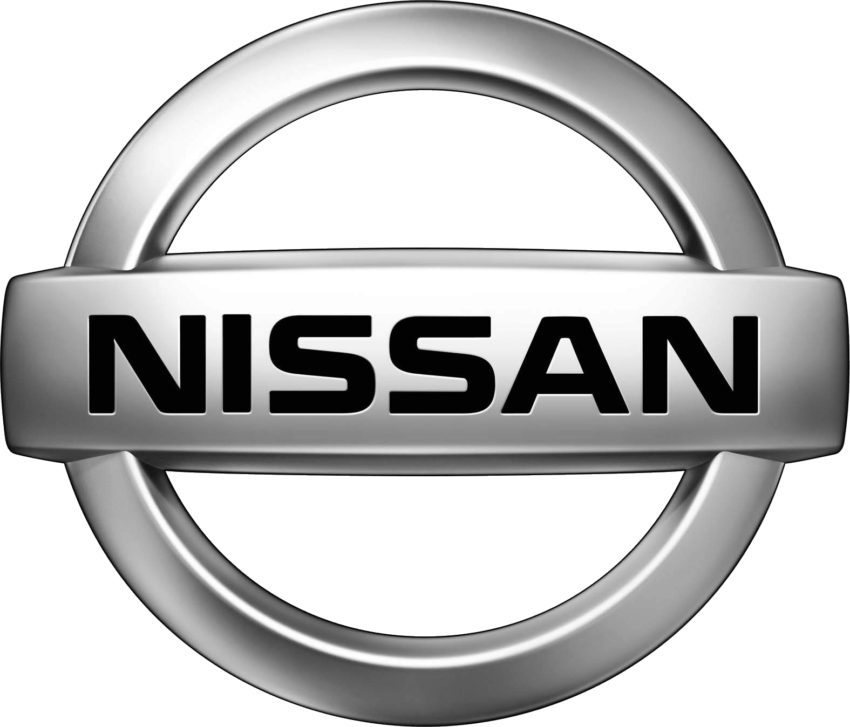Nissan Motor Corporation
Etymology
The name “Nissan” derives from “Nihon Sangyo,” which translates to “Japan Industries” in English. The abbreviation “Nissan” came into use during the 1930s, replacing the full company name for brevity and ease of recognition. Initially, Nissan was primarily involved in the production of trucks and military vehicles. Over time, the company rebranded and shifted focus to become a global player in the automobile market.
History
Nissan Motor Corporation was established on December 26, 1933, in Yokohama, Japan, by Yoshisuke Aikawa. Aikawa had previously acquired shares in DAT Motors, a small automobile manufacturer. The new entity initially focused on producing Datsun vehicles, a brand name that was later absorbed into the Nissan family. During the Second World War, Nissan’s manufacturing capabilities were mostly dedicated to the production of trucks, airplanes, and engines for the Japanese military.
In the post-war era, Nissan began to expand globally. In 1958, the company entered the American market with the Datsun brand. Throughout the 1970s and 1980s, Nissan gained prominence for its affordable yet high-quality vehicles, such as the Z-car series and the Skyline range. In 1999, Nissan entered a strategic alliance with the French automaker Renault, marking a significant turn in its corporate strategy and global reach.
Within the historical landscape of Nissan Motor Corporation, the Datsun brand holds a place of considerable significance. Originally established as DAT Motorcar Co. in 1931, Datsun was integrated into Nissan in 1933 and became instrumental in Nissan’s early expansion into global markets, particularly the United States. Renowned for its line of compact, fuel-efficient cars and reliable trucks, Datsun laid the groundwork for Nissan’s reputation for quality and affordability. The brand was largely phased out in the 1980s in favor of consolidating the Nissan name, but its influence on the company and the automotive industry remains indelible.
Technological Innovations
Nissan has been a pioneer in various automotive technologies, including the development of electric vehicles (EVs). The Nissan Leaf, launched in 2010, is one of the world’s bestselling electric cars. The company has also been at the forefront of driver-assistance technology, with its ProPILOT system offering semi-autonomous driving capabilities.
Corporate Structure and Acquisitions
As of the early 21st century, Nissan is part of a larger alliance involving Renault and Mitsubishi Motors. Renault holds a 43.4% voting stake in Nissan, while Nissan has a 15% non-voting stake in Renault. In 2016, Nissan acquired a 34% stake in Mitsubishi Motors, making it a significant shareholder. This tripartite alliance focuses on synergies in product development, manufacturing, and logistics.
Economic Impact and Production Facilities
Nissan is a major global player in the automotive industry with significant economic impact. It operates multiple production facilities across continents, including Japan, the United States, the United Kingdom, and other parts of Asia and Europe. Its production plant in Sunderland, UK, is one of the largest automotive factories in Europe. Nissan’s North American operations are substantial, with major facilities in Tennessee and Mississippi.
Social and Environmental Initiatives
The company has also shown commitment to environmental sustainability, not just through its electric vehicles but also via its corporate practices. Nissan aims to achieve carbon neutrality across its operations and the life cycle of its products by 2050 (Nissan Global, 2021).
Cultural Influence
Nissan cars have been prominently featured in various cultural media, including movies and video games. The Nissan GT-R, often nicknamed “Godzilla,” has become a cultural icon, representing Japanese automotive engineering and design on a global scale.
 |
Titan Stadium is a colloquial reference to Nissan Stadium, a multi-purpose stadium situated in Nashville, Tennessee. Opened in 1999, it serves as the home field for the Tennessee Titans of the National Football League (NFL). The facility is also used for various other events, including concerts, soccer matches, and college football games. |
References
- Nissan Global. (2021). Nissan aims to achieve carbon neutrality across the company’s operations and the life cycle of its products by 2050.
See Also
- Renault
- Mitsubishi Motors
- Electric Vehicles
- Automotive Industry in Japan
Further Reading
- “Shift: Inside Nissan’s Historic Revival” by Carlos Ghosn
- “Nissan: 80 Years of Innovation and Leadership” by Various Authors
- “The Reckoning: Ford, Nissan, and the Decline of American Industry” by David Halberstam

